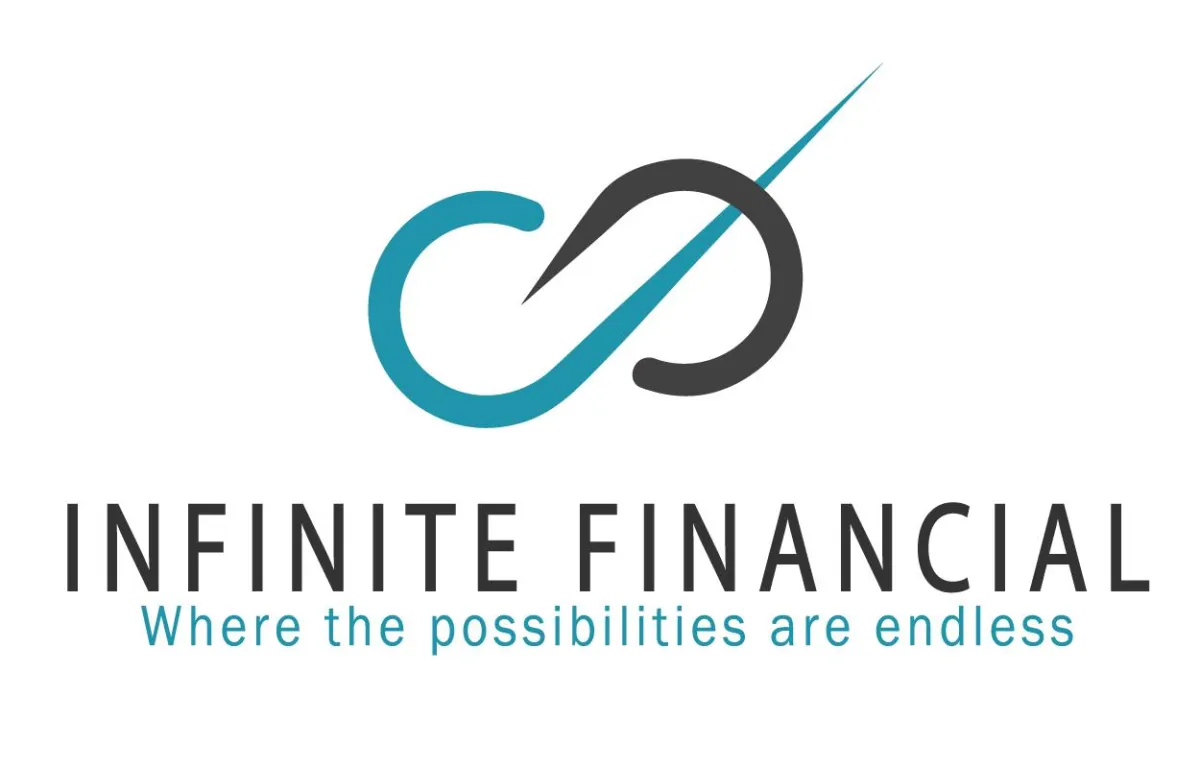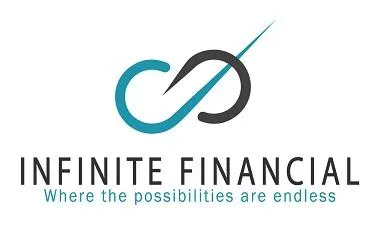1099 Loans

What is 1099 Loans?
1099 loans, also referred to as "1099 income loans" or "1099 mortgage loans," are tailored for individuals who earn income as independent contractors or freelancers and receive 1099 forms for income reporting.
These loans recognize the unique financial circumstances of self-employed individuals and offer specialized lending solutions to accommodate their income structure.
Who Is Eligible for 1099 Loans?
1
1099 loans are typically for independent contractors: Individuals who work independently and are not classified as traditional employees, such as freelancers, consultants, or gig workers.
2
Documentation: To support their eligibility for 1099 loans, borrowers are required to provide comprehensive documentation that demonstrates their 1099 income. This documentation includes recent tax returns, 1099 forms received from clients or employers, and bank statements that reflect deposits related to their self-employment income.
Features
Flexible Income Verification
Instead of relying on traditional income verification methods, 1099 loans focus on evaluating the borrower's gross income as reported on their 1099 forms.
Income Averaging
Lenders may use an income averaging method to determine a borrower's income eligibility by averaging the income from multiple years.
Higher Interest Rates
1099 loans may come with slightly higher interest rates compared to traditional mortgages, reflecting the increased risk associated with self-employment income.


